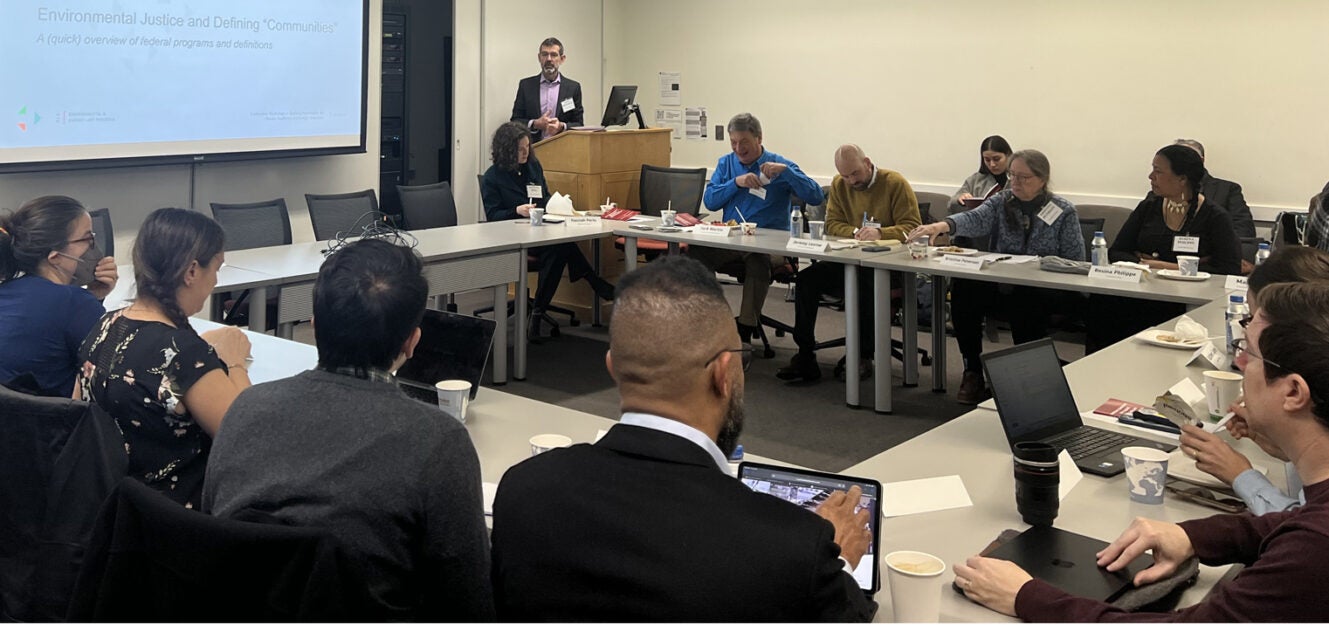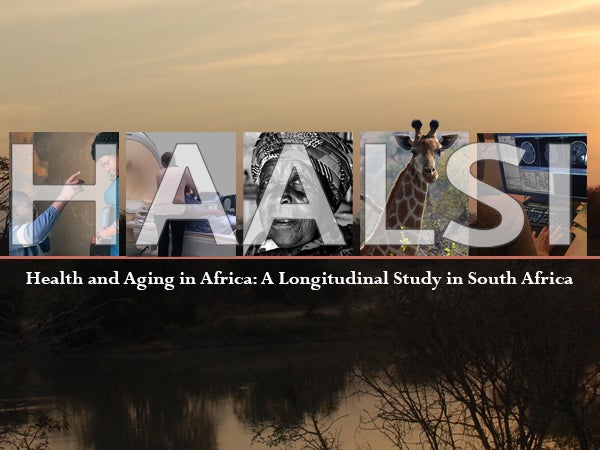Bell Fellow Hayami Koga, along with Harvard Pop Center faculty members David Williams and Laura Kubzansky and their colleagues, have published a study in JAMA Psychiatry on the association between optimism and physical functioning among older women finding higher levels of optimism to be linked with better performance at baseline (grip strength and standing mobility) and slower rates of decline in several measures over a six-year period. Read about their…
David Canning (and his research on chess and cognitive aging) is in GQ!
Harvard Pop Center faculty member David Canning shares insights gleaned from his research on the relationship between chess and cognitive aging in this piece published in GQ. You can also learn more in this Harvard Chan School news post.
INTRODUCING our 2024–2026 cohort of Bell Postdoctoral Fellows!
We’re thrilled to announce that two new Bell Fellows have been selected from a competitive pool of applicants and will be joining us this coming fall! Kate Beach will complete her PhD in geography & environment at the University of North Carolina at Chapel Hill, where she has trained in health geography, spatial epidemiology, and population science at the Carolina Population Center. Beach’s work focuses on the links between health…
Continue reading “INTRODUCING our 2024–2026 cohort of Bell Postdoctoral Fellows!”
Voting Rights Act linked with reduction in Black infant deaths in Jim Crow states
HCPDS Graduate Student Affiliate Tamara Rushovich, along with faculty member Nancy Krieger and their colleagues have published a study in the American Journal of Public Health that investigates the impact of the Voting Rights Act of 1965 on Black and Black vs. White infant deaths in Jim Crow states. Photo by Barbara Verge on Unsplash
Three “Conversations” that tell the story of health and aging in rural South Africa
Physicians, professors and research scientists affiliated with Health and Aging in Africa: Longitudinal Studies in South Africa (HAALSA)—the ten-year (and counting) project that has been following a cohort that started as 5,000 men and women aged 40 and over—have penned three pieces in The Conversation that delve into unique aspects of this burgeoning population: Pioneering researchers Stephen Tollman and Kathleen Kahn from the University of the Witwatersrand reflect back on…
Featured: Graduate Student Affiliate Jen Cruz’s work on breast cancer inequities in rural settings
The Harvard T.H. Chan School of Public Health features the research of our Graduate Student Affiliate Jen Cruz in this news piece…She returns to her small, rural hometown in Washington state to parse out the the differences between rural environments, and how these differences play a role in breast cancer screenings.
How can socioeconomic-based cardiovascular disease disparities in low- and middle-income countries be reduced?
A study published in Nature Medicine by HCPDS graduate student affiliate Dorit Stein, and other HCPDS affiliates including Till Bärnighausen, Maja Marcus, Jennifer Manne-Goehler, Nikkil Sudharsanan, and Stephane Verguet (along with their colleagues) simulates that improvements in hypertension management has greater impact “among bottom wealth quintiles in middle-income countries and in countries with larger baseline disparities in hypertension management.”
What is the connection between slow-onset climate change and mental health outcomes?
The mental health impacts of weather-related disasters, such as hurricanes, have been well studied, but what about the effects of slow-onset climate change (e.g., droughts and temperature changes over longer periods of time) on mental health indicators, such as depression, anxiety, suicide, worry, grief, and frustration? Faculty member Laura Kubzansky is a co-author on this systematic review published in Nature Mental Health that examines the findings of quantitative and qualitative…
Exploratory workshop examines concept of community in context of climate change and energy transition
The Harvard Center for Population and Development (HCPDS) co-sponsored a one-day workshop with the goal of bringing together policy experts and decision makers, researchers, and community-based advocates to explore the concept of “community” recently prioritized by federal legislation as it relates to climate change and energy transition. “Defining community for climate resilience and energy transition,” which was co-sponsored by The Salata Institute for Climate and Sustainability Research at Harvard University…
Does the link between dementia and increased risk of COVID-19 that has been observed in wealthier countries exist in LMICs?
Researchers affiliated with HAALSI, a longitudinal study on health and aging in South Africa, have published a novel study that investigates the link between cohort-derived dementia (using a predictive model for dementia) and confirmed COVID-19 infection in a low- and middle-income, rural, community setting. Findings point to the risk of COVID-19 being doubled for those who received a consensus-based dementia diagnosis.




